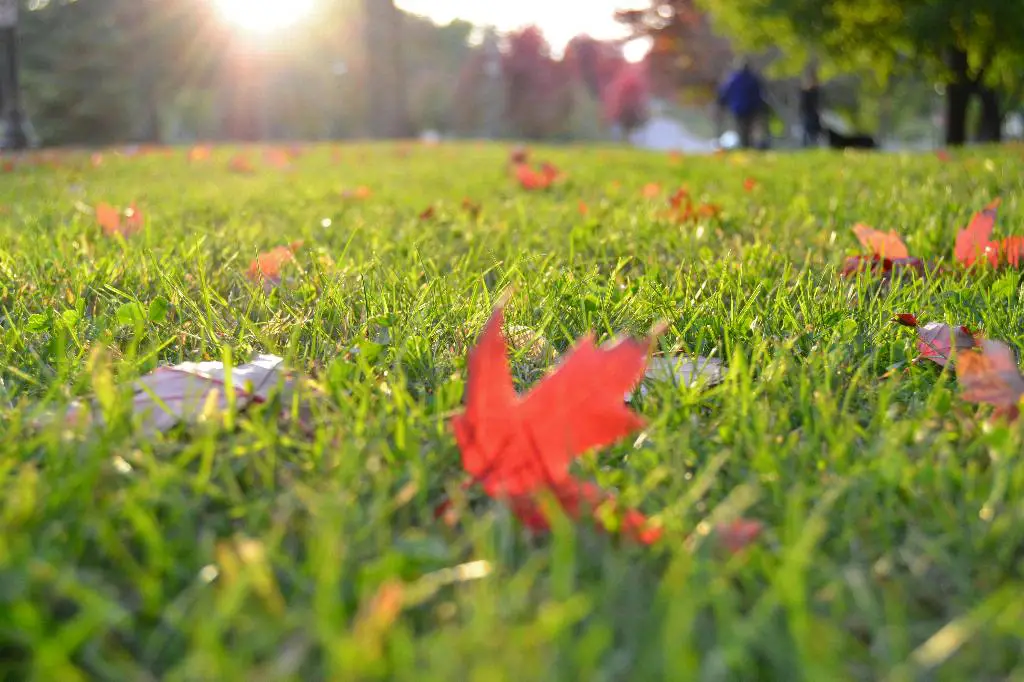When it comes to maintaining a lush and healthy lawn, dealing with the issue of dog urine can be quite a challenge. The high concentration of nitrogen in dog urine can burn your grass, leaving unsightly yellow patches that can be difficult to repair. If you’re struggling with this problem, there are several effective strategies you can employ to prevent your furry friend from turning your lawn into a bathroom.
Designate a Specific Pee Spot for Your Dog
One effective way to stop your dog from peeing on your lawn is to designate a specific area where they can do their business. By creating a designated pee spot, you can train your dog to go in a particular area, minimizing the damage to your grass.
Create a Plant-Free Zone
To protect your lawn from urine damage, consider creating a plant-free zone where your dog can urinate without causing harm to your landscaping. By choosing an area with no plants or grass, you can contain the damage and prevent it from spreading to other parts of your yard.
Choose Resilient Plants
Another effective strategy is to select resilient plants that can withstand the effects of dog urine. Opt for hardy plants that are tolerant of nitrogen-rich soil, such as clover, fescue, or ryegrass. These plants are less likely to be affected by dog pee, helping to maintain the beauty of your lawn.
Regularly Wash Down the Affected Area
To minimize the impact of dog urine on your lawn, make a habit of regularly washing down the area where your dog pees. By diluting the urine with water, you can help prevent the nitrogen from concentrating in one spot and causing damage to your grass.
Maintain Your Grass
Proper lawn maintenance is essential for keeping your grass healthy and resilient against dog urine. Regularly mowing, watering, and fertilizing your lawn can help it recover from any damage caused by your dog’s urine, promoting overall lawn health and vitality.
Consider Alternative Solutions
If you’re still struggling to prevent your dog from peeing on your lawn, you may want to consider alternative solutions such as installing a dog-friendly potty area or using specialized products that neutralize urine odors and prevent grass damage.
Seek Professional Help
If you’re facing persistent challenges with your dog’s bathroom habits and lawn care, don’t hesitate to seek advice from a professional dog trainer or landscaper. They can provide personalized recommendations and solutions tailored to your specific situation.
Stay Patient and Consistent
Remember that changing your dog’s behavior takes time and consistency. Be patient with your furry friend as you work to train them to use a designated pee spot and follow through with implementing preventive measures to protect your lawn.
Monitor Your Dog’s Behavior
Keep a close eye on your dog’s bathroom habits and behavior to identify any patterns or triggers that may be causing them to pee on your lawn. By understanding your dog’s needs and preferences, you can better address the underlying reasons for their behavior.
Take Preventive Measures
Prevention is key when it comes to stopping your dog from peeing on your lawn. By implementing a combination of training, landscaping strategies, and regular maintenance, you can effectively protect your lawn from urine damage and ensure a healthy outdoor space for both you and your furry companion.
Enjoy a Beautiful and Healthy Lawn
By taking proactive steps to address the issue of dog pee on your lawn, you can enjoy a lush, green landscape that remains vibrant and attractive throughout the year. With a little effort and a lot of love for your furry friend, you can create a harmonious environment that benefits both your dog and your outdoor space.

